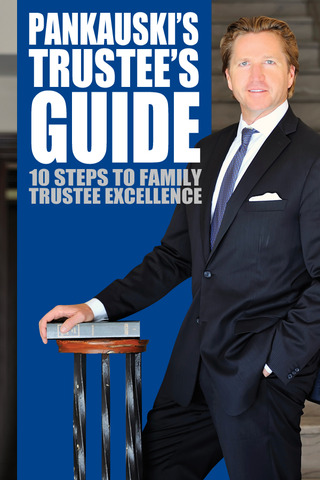
Did you get served with a federal court interpleader suit? Somebody, most probably a financial company, wants to put money into the court registry. Insurance proceeds? Annuity? Bank account? Whether you inherit or can make a claim may depend on how you act and handle this unique type of lawsuit. To understand what this is all about, keep reading. For free Florida legal commentary on interpleader law in general, check it out by CLICKING HERE. What is Federal Court Interpleader? Interpleader is an action where someone with property wants to get rid of it. And avoid any liability. Or avoid spending more time or money dealing with “who gets it.” Interpleader actions are filed in both Florida state courts and also Federal Courts. In Florida, literally millions and millions of dollars are subject of interpleader actions. Insurance policy proceeds, IRAs, bank accounts, annuities, financial accounts. You name it. It’s common that a life insurance or annuity company or bank is holding a lot of money. And there may be competing claims. In other words, there’s a question of who inherits it. And potential litigation. What does the “stakeholder” do? State and federal law permit the life insurance death proceeds or the annuity to be deposited into the federal court registry. The stakeholder wants to be discharged or relieved of liability. The money is left there to be resolved by those who make a claim to it. But your claim needs to be based upon the law and filed properly with […]








